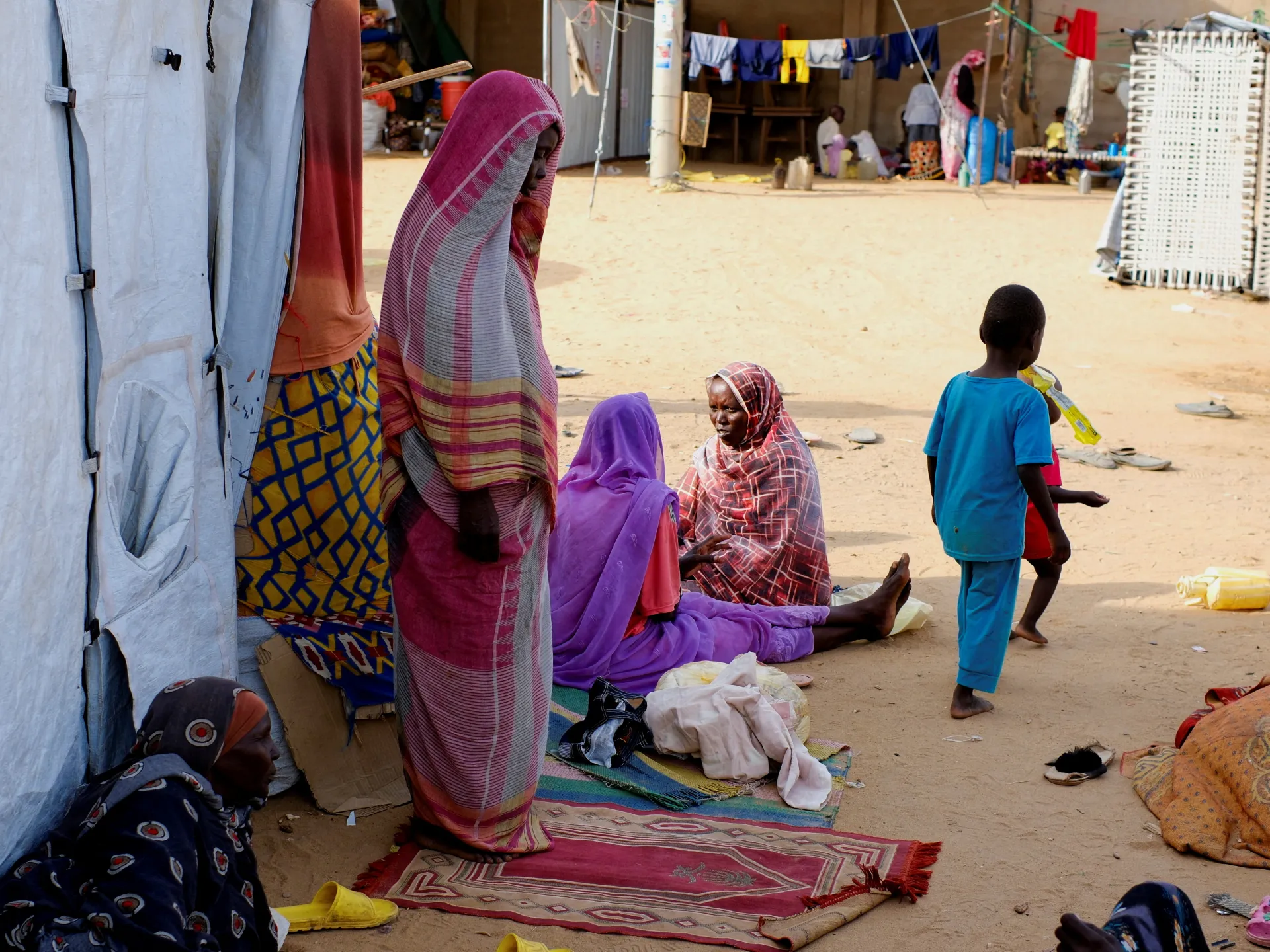Sudan medics accuse RSF of burning, burying bodies to conceal ‘genocide’ | Sudan war News
People fleeing el-Fasher for Al Dabbah tell Al Jazeera many died on the way from wounds or lack of food.
A Sudanese medical organisation has accused the paramilitary Rapid Support Forces (RSF) of engaging in a “desperate attempt” to conceal evidence of mass killings in Darfur by burning bodies or burying them in mass graves.
The Sudan Doctors Network said on Sunday that paramilitaries are collecting “hundreds of bodies” from the streets of el-Fasher, in Sudan’s western Darfur region, after their bloody takeover of the city on October 26, saying the group’s crimes could not be “erased through concealment or burning”.
Recommended Stories
list of 3 itemsend of list
“What happened in el-Fasher is not an isolated incident but rather another chapter in a full-fledged genocide carried out by the RSF, blatantly violating all international and religious norms that prohibit the mutilation of corpses and guarantee the dead the right to a dignified burial,” it said in a statement.
The International Organization for Migration (IOM) estimates that 82,000 of el-Fasher’s total population of 260,000 fled after the RSF seized the last Sudanese military stronghold in the region, amid reports of mass killings, rape, and torture. Many residents are believed to still be trapped.
Reporting from the Sudanese capital, Khartoum, Al Jazeera’s Hiba Morgan said many people fleeing el-Fasher for Al Dabbah in the north died on the road, “because they had no food or water, or because they sustained injuries as a result of gunfire”.
Morgan said that escapees told Al Jazeera they learned of the deaths of relatives from social media videos of their killings posted by RSF fighters. Several videos depicting extreme acts of violence have emerged in the public domain since the group overran the city.
Targeted ethnic killings
With the “communications blackout” in the city, many did not know what happened to their family members.
“They believe if their relatives are still alive inside el-Fasher, then they may not be so for long because of a lack of food and water… or because the RSF has been targeting people based on their ethnicities,” Morgan reported.
The RSF, which has been fighting the Sudanese army for control of Sudan since April 2023, traces its origins to the predominantly Arab, government-backed militia known as the “Janjaweed”, which has been accused of genocide in Darfur two decades ago.
Between 2003 and 2008, an estimated 300,000 people were killed, and nearly 2.7 million were displaced in campaigns of ethnic violence.
Sylvain Penicaud of Doctors Without Borders, known by its French initials MSF, who spoke to civilians who fled el-Fasher for the town of Tawila, said many of those fleeing said they were “targeted because of the colour of their skin”.
“For me, the most terrifying part was [civilians] being hunted down while they were running for their lives; being attacked simply for being Black,” Penicaud said.
The Zaghawa, the dominant ethnic group in el-Fasher, has been fighting alongside the army since late 2023.
The group, which initially remained neutral when the war began, aligned with the military after the RSF carried out massacres against the Masalit tribe in West Darfur’s capital, el-Geneina, killing up to 15,000 people.
Hassan Osman, a university student from el-Fasher, said residents with darker skin, especially Zaghawa civilians, were subjected to “racial insults, humiliation, degradation and physical and psychological violence” as they fled.
“If your skin is light, they might let you go,” he said. “It’s purely ethnic.”
